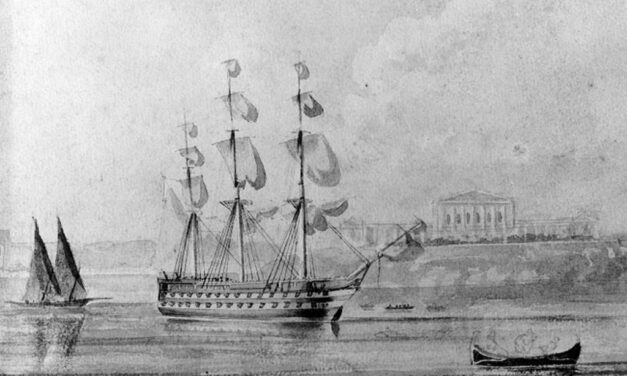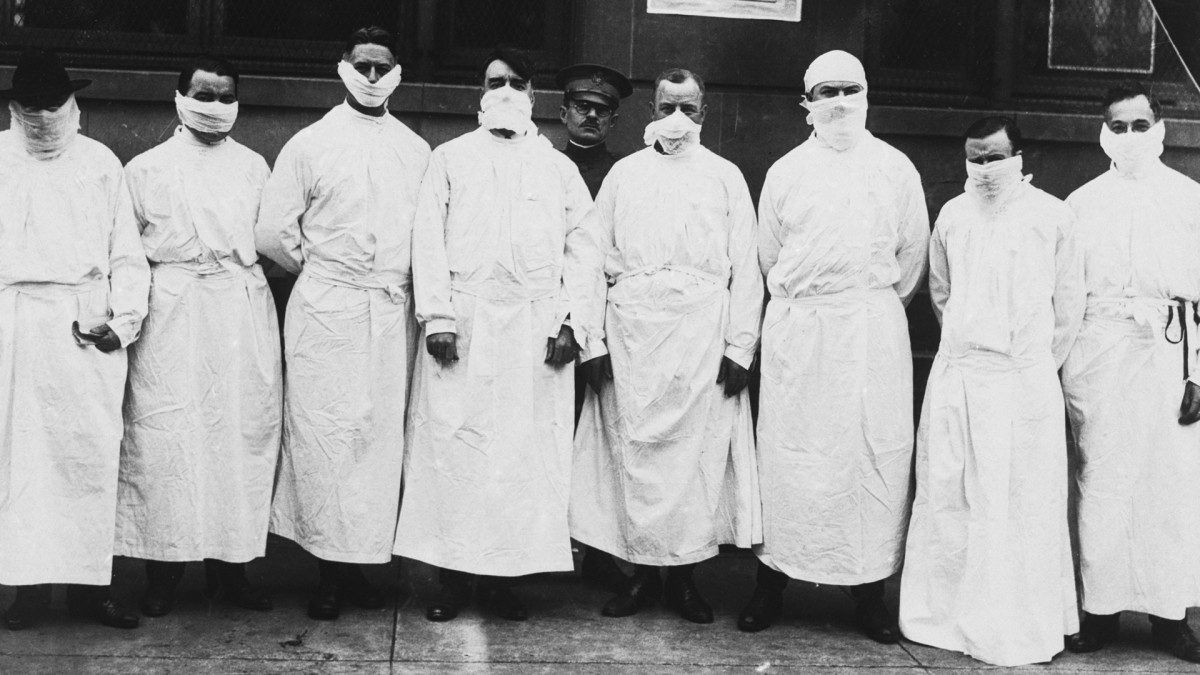Plague Ahoy! Maritime quarantine in the 18th century
Reading time: 8 minutes
On 23 August 1720 at the Council Chamber in Whitehall, the Privy Council issued an order to the commissioners of His Majesty’s Customs ‘to prevent the landing any goods, passengers, or seamen from on board any ships coming from the Mediterranean’. Diplomats and statesman had been in correspondence for weeks about the worrying state of affairs developing in the south of France. Writing to Secretary of State James Craggs, the diplomat Robert Sutton related ‘the melancholy news of a pestilential distemper being crept into Marseille by the infection of some bales of cotton brought from Sidon (in modern day Lebanon)’. Other letters reported that the seamen on the said voyage had died, with many others taken sick and transported to infirmaries. Four porters, who had opened the goods carried on the ship, died suddenly as the distemper spread from ship to shore killing as many as 24 people in one street. Quarters of the city were barred up and houses and their contents were burned. The plague had hit Marseille.



